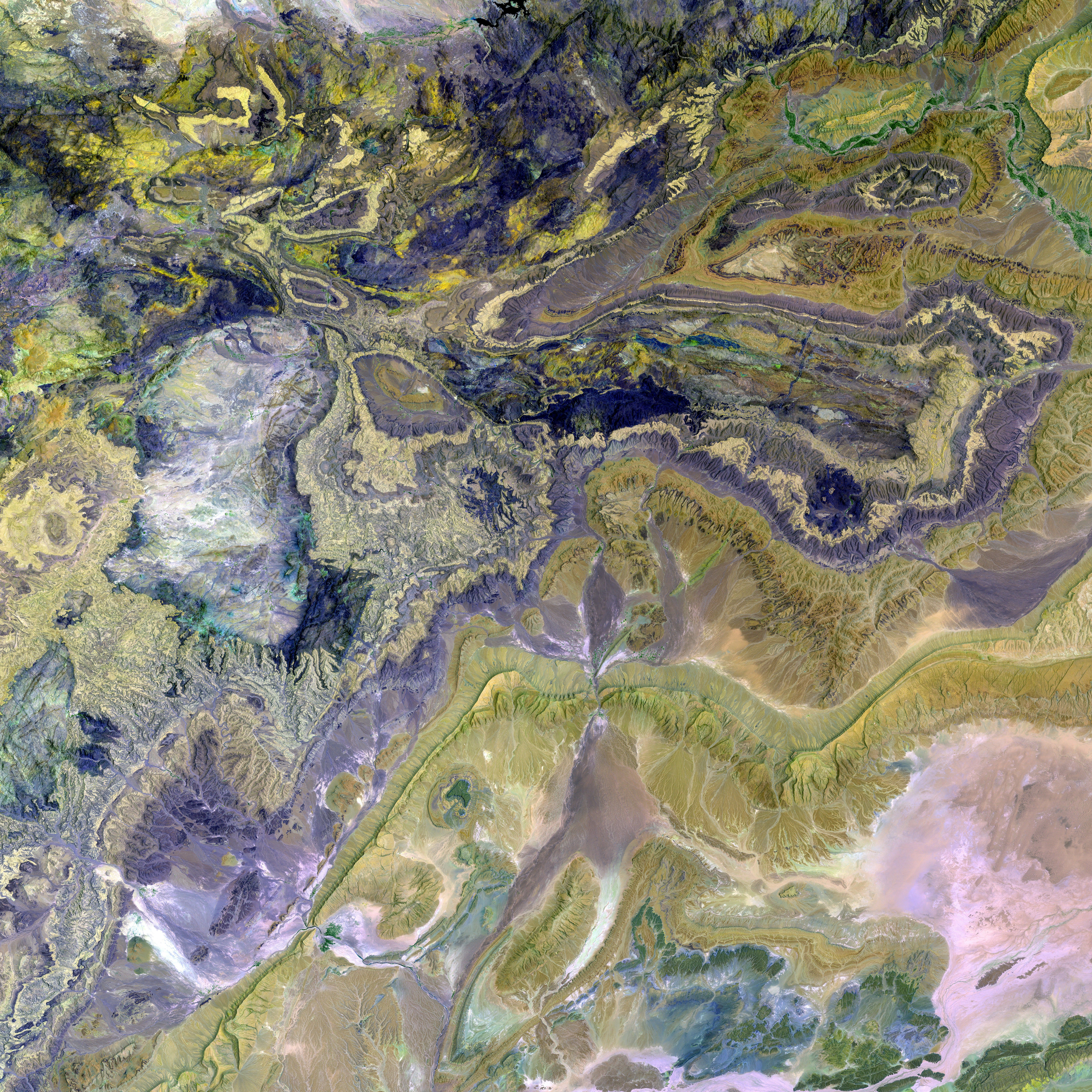Coffee and Colorectal Cancer: Separating Fact from Fiction
Possible Link Between Coffee Consumption and Reduced Colorectal Cancer Risk Assessed
Sipping on a cup of Joe could potentially lower your risk of colorectal and bowel cancer, according to the World Cancer Research Fund (WCRF). But, the relationship between coffee consumption and colorectal cancer is a muddled one, with mixed results from various studies.
Caffeinated Coffee and Colorectal Cancer
Several previous studies hinted at a link between caffeinated coffee and a reduced risk of colorectal cancer due to its effect on gut health and the presence of polyphenols - beneficial compounds found in coffee [2][5]. However, these findings aren't consistent across the board.
In a recent large-scale study in Sweden, researchers found no association between coffee consumption and the risk of total colorectal cancer, involving over 61,000 women [1]. Their conclusion? Moderate and high coffee consumption didn't significantly influence the risk of colorectal cancer.
Decaffeinated Coffee and Colorectal Cancer
While the evidence on decaffeinated coffee's impact on colorectal cancer is scarce, it may retain some potential benefits due to its content of polyphenols and other healthful compounds, much like its caffeinated counterpart [5]. Decaffeinated coffee has even been associated with lower risks of certain cancers in some studies, suggesting that the benefits may not solely be due to caffeine [5].
Caffeine vs. Polyphenols: What Matters?
Caffeine is a significant component in caffeinated coffee, but polyphenols can be found in both caffeinated and decaffeinated brews. Polyphenols play a crucial part in the possible health benefits of coffee, including cancer prevention [5]. More research is needed to fully understand the impact of decaffeinated coffee on cancer risk, as most studies focus on caffeinated coffee.
The Bottom Line
The evidence linking coffee consumption to a lower risk of colorectal cancer isn't conclusive, with some studies suggesting a protective effect and others showing no significant association. Furthermore, the role that caffeine or polyphenols may play is unclear. So, while that morning cup of joe may provide a hint of comfort, it's essential to maintain a balanced diet, engage in physical activity, avoid tobacco and alcohol use, and consider other factors to truly minimize the risk of colorectal cancer.
Read on for more insights on potential cancer-fighting foods and understanding the relationship between diet and cancer risk.
[1] Abrar, As stable as coffee: no association between coffee consumption and the risk of colorectal cancer in Swedish women. Carcinogenesis [internet]. Volume 40, Issue 16. Pp. 2779-2786. Available from: https://academic.oup.com/carcin/article/40/16/2779/395314
[2] Amerila, P.T. et al. Coffee, colectral cancer, and colorectal polyps: a systematic review of epidemiological studies. Molecular Nutrition & Food Research [internet]. Volume 53, Issue 1. Pp. 28-42. Available from: https://onlinelibrary.wiley.com/doi/abs/10.1002/mnfr.200800360
[3] Bertoni, G. et al. Coffee and disease risk: a quantitative review of studies on coffee in epidemiology using Mendelian randomization. BMJ [internet]. Volume 347. Pp. f3505. Available from: https://bmjopen.bmj.com/content/3/9/e003505
[4] Brenner, H. et al. Diet, nutrition, physical activity, and colorectal cancer in women: American Cancer Society guideline. CA: A Cancer Journal for Clinicians [internet]. Volume 69, Issue 1. Pp. 13-31. Available from: https://onlinelibrary.wiley.com/doi/abs/10.3322/caac.21416
[5] Liu, S. et al. Coffee Consumption and Cancer Risk: A Dose-Response Meta-Analysis of Prospective Studies. Annual Review of Food Science and Technology [internet]. Volume 11. Pp. 175-198. Available from: https://www.annualreviews.org/doi/10.1146/annurev-food-112416-063811
- The World Cancer Research Fund suggests that coffee consumption, particularly caffeinated coffee, might lower the risk of colorectal and bowel cancer due to its effect on gut health and the presence of polyphenols.
- In a large-scale study involving over 61,000 Swedish women, researchers found no association between coffee consumption and the risk of total colorectal cancer, suggesting that moderate and high coffee consumption did not significantly influence the risk.
- Although evidence on decaffeinated coffee's impact on colorectal cancer is limited, it may retain potential benefits due to its content of polyphenols and other healthful compounds.
- Polyphenols found in both caffeinated and decaffeinated coffee play a significant role in the possible health benefits of coffee, including cancer prevention.
- Maintaining a balanced diet, engaging in physical activity, avoiding tobacco and alcohol use, and considering other factors are essential to truly minimize the risk of colorectal cancer, as the evidence linking coffee consumption to a lower risk isn't conclusive.








